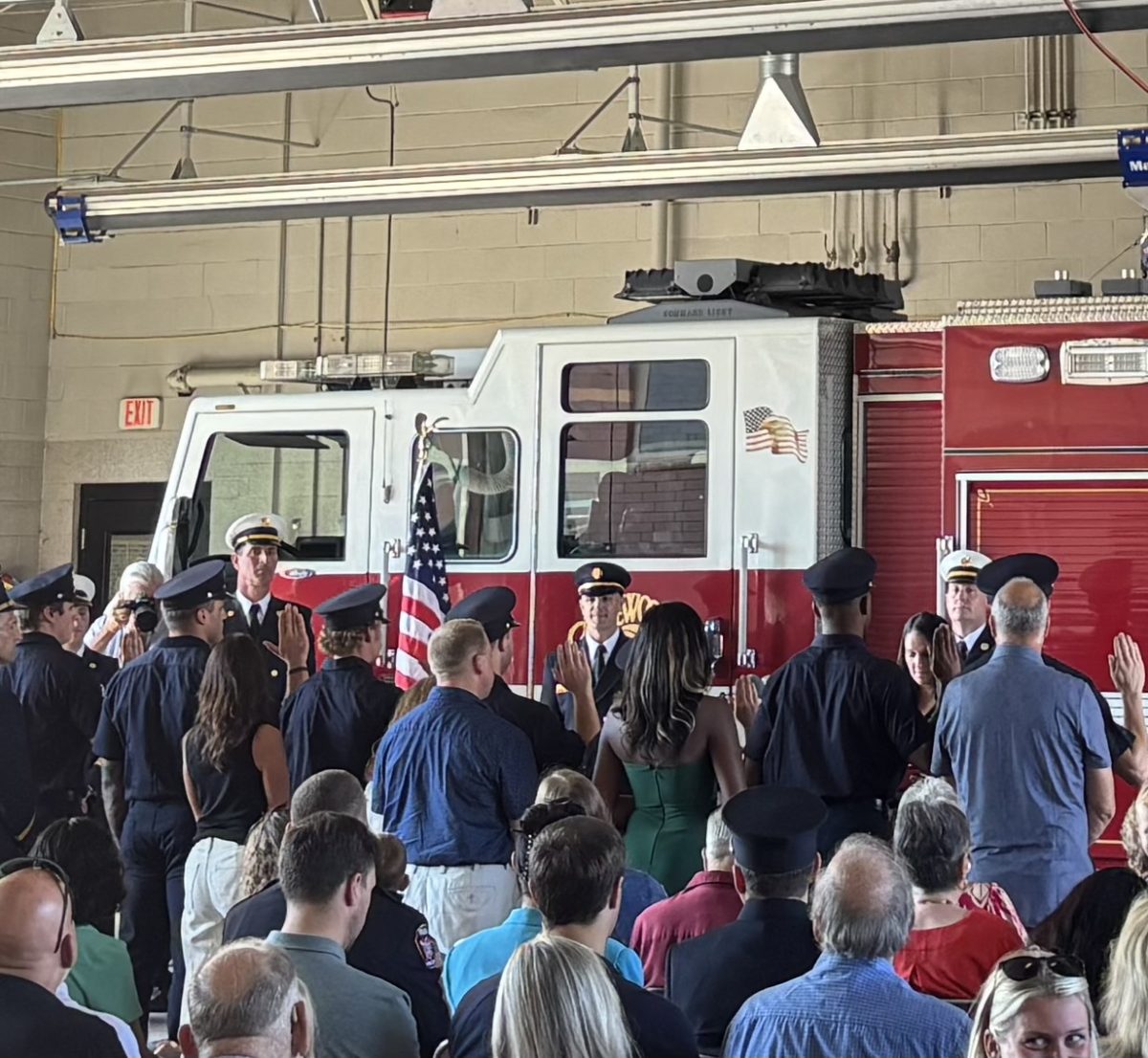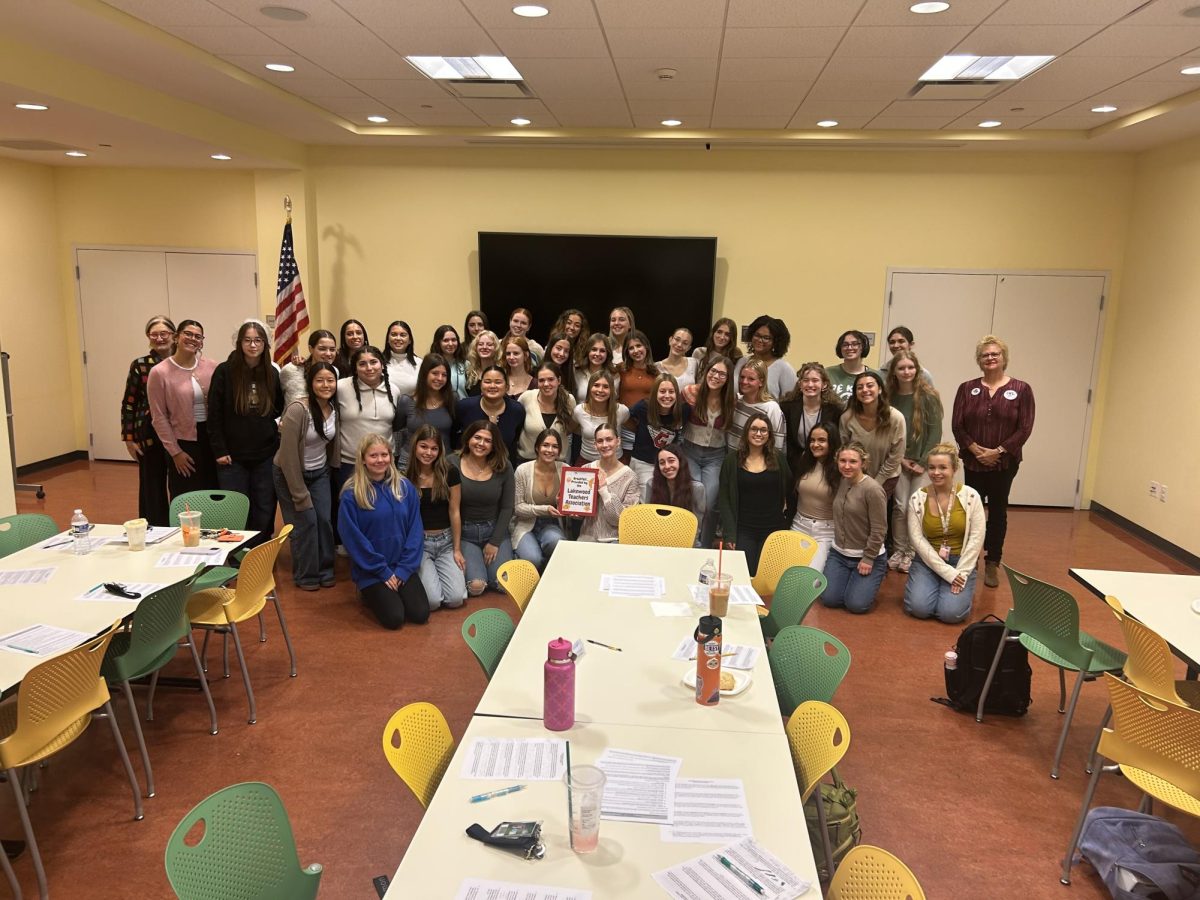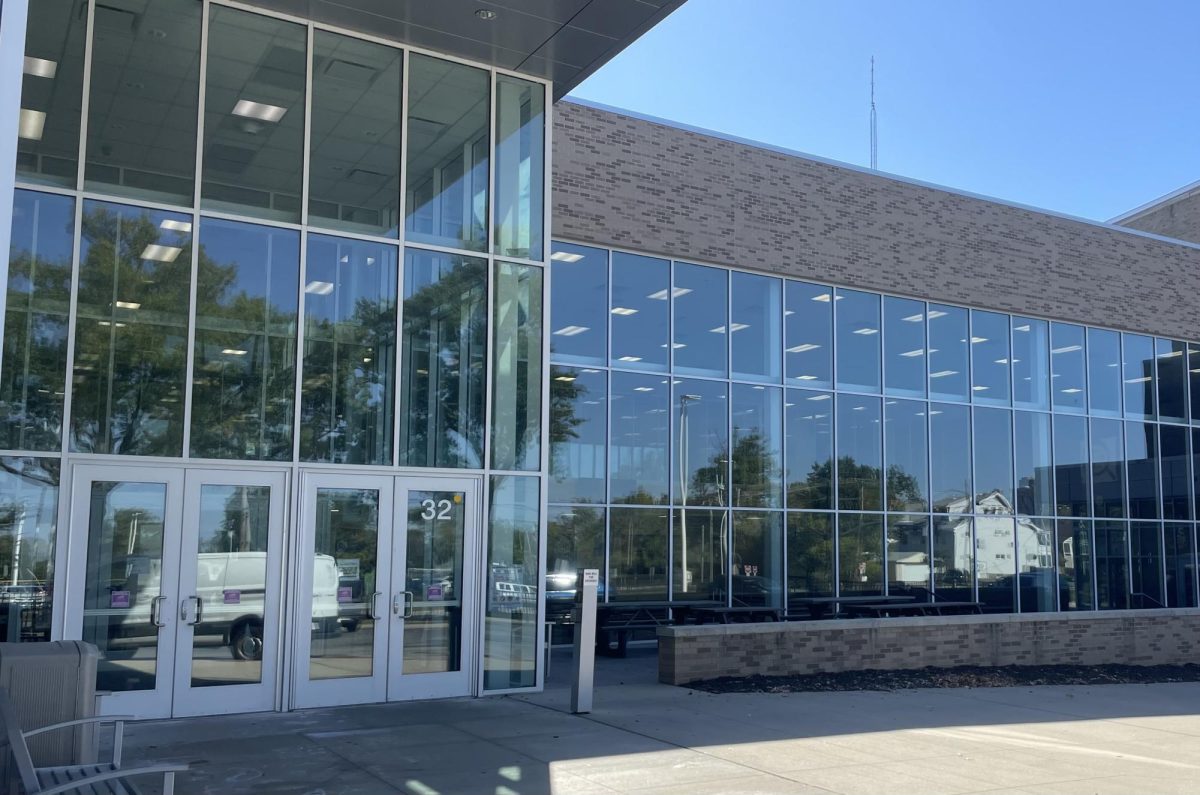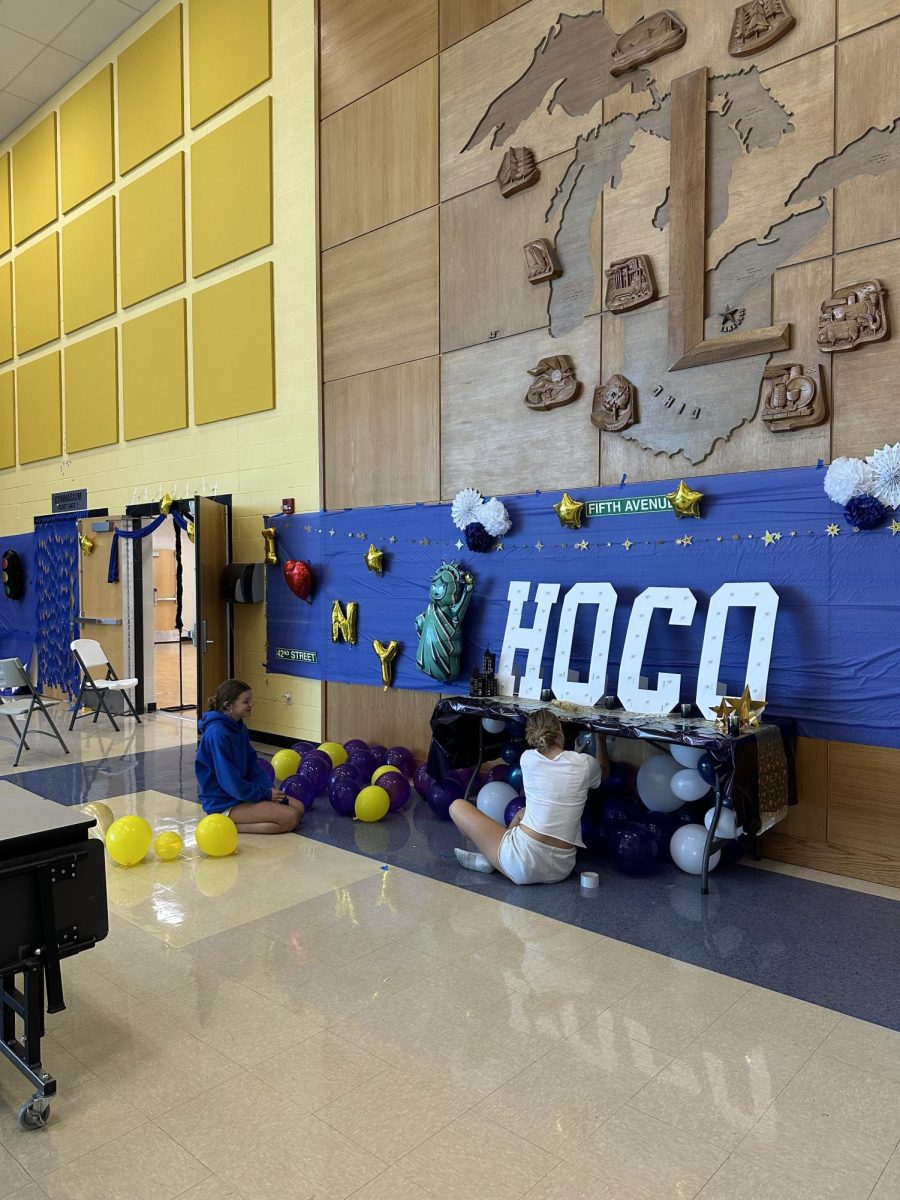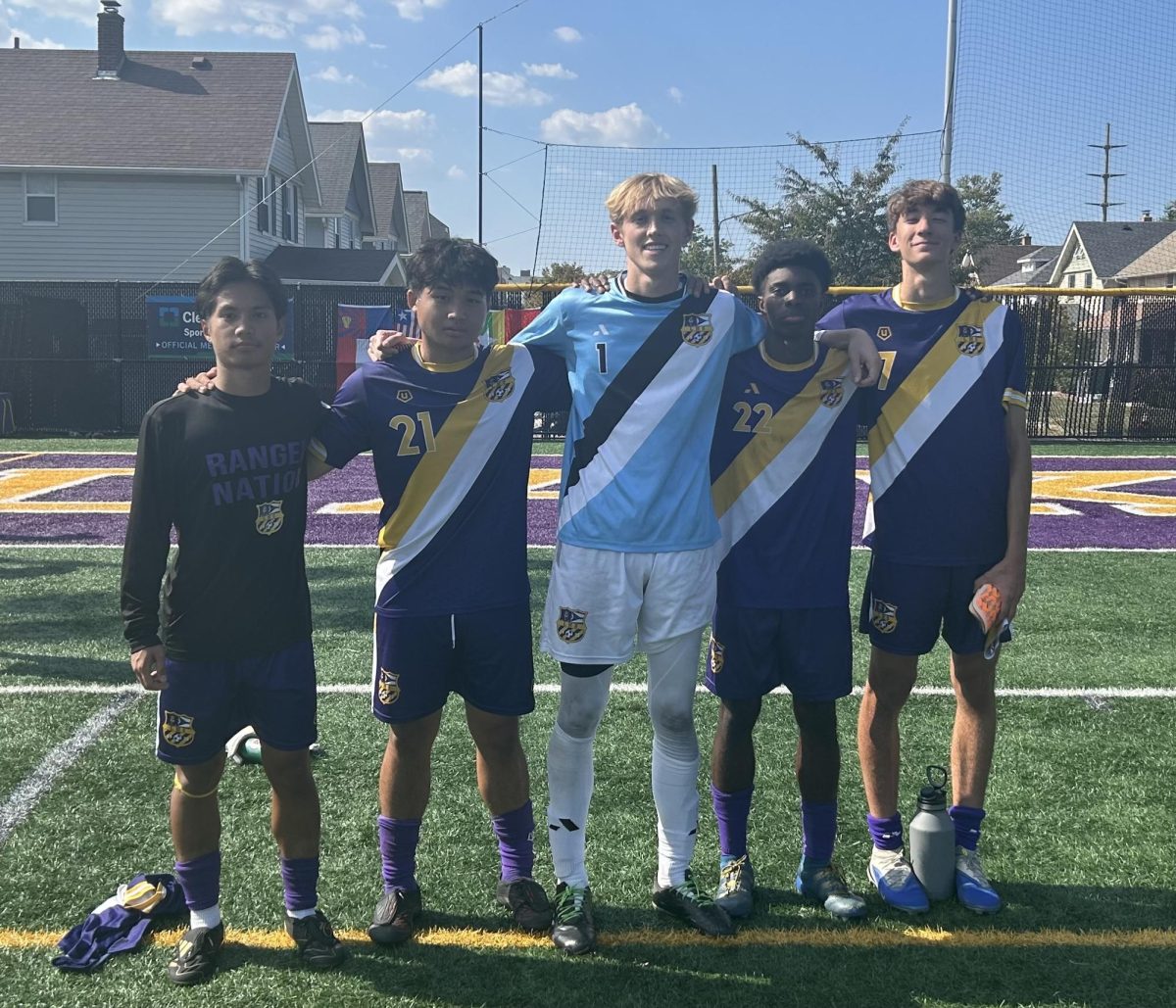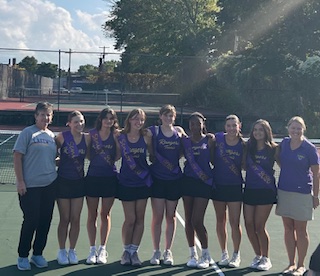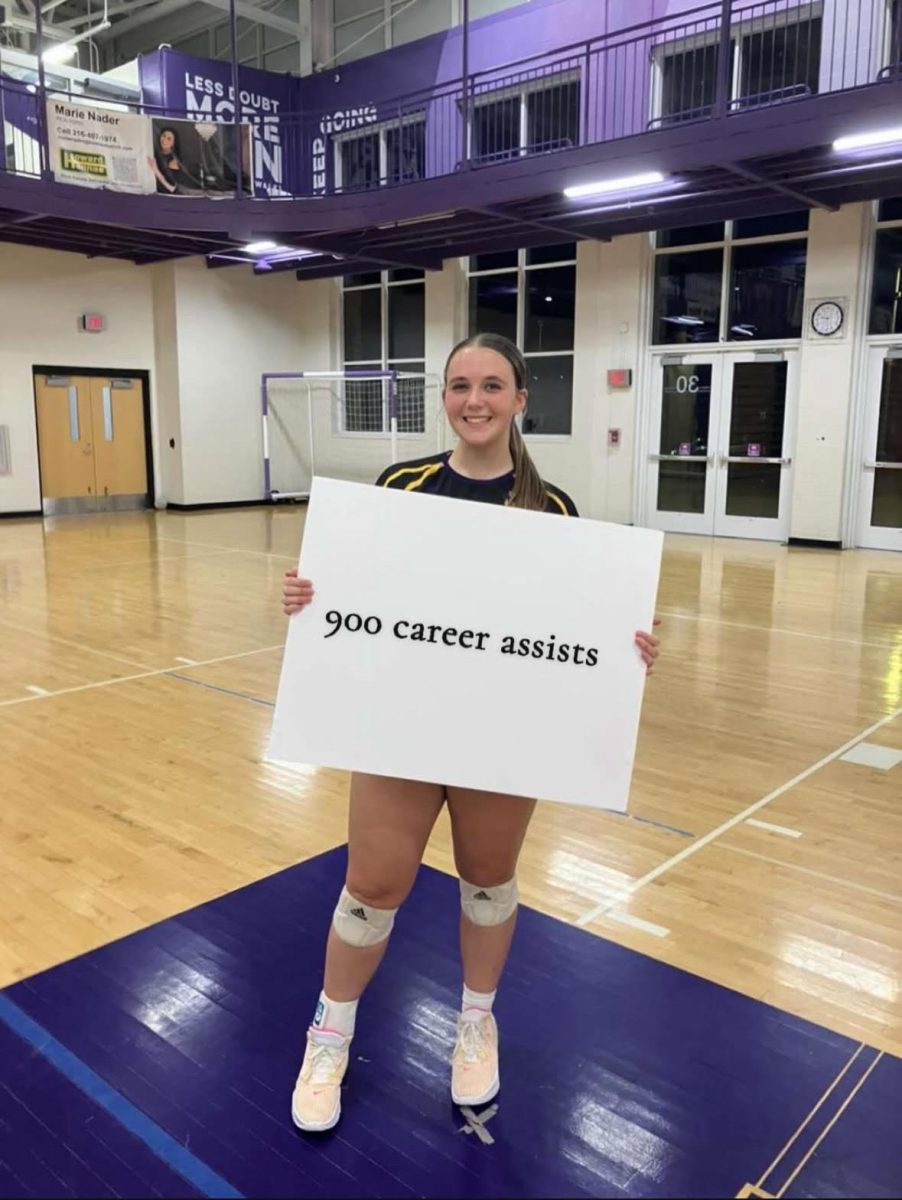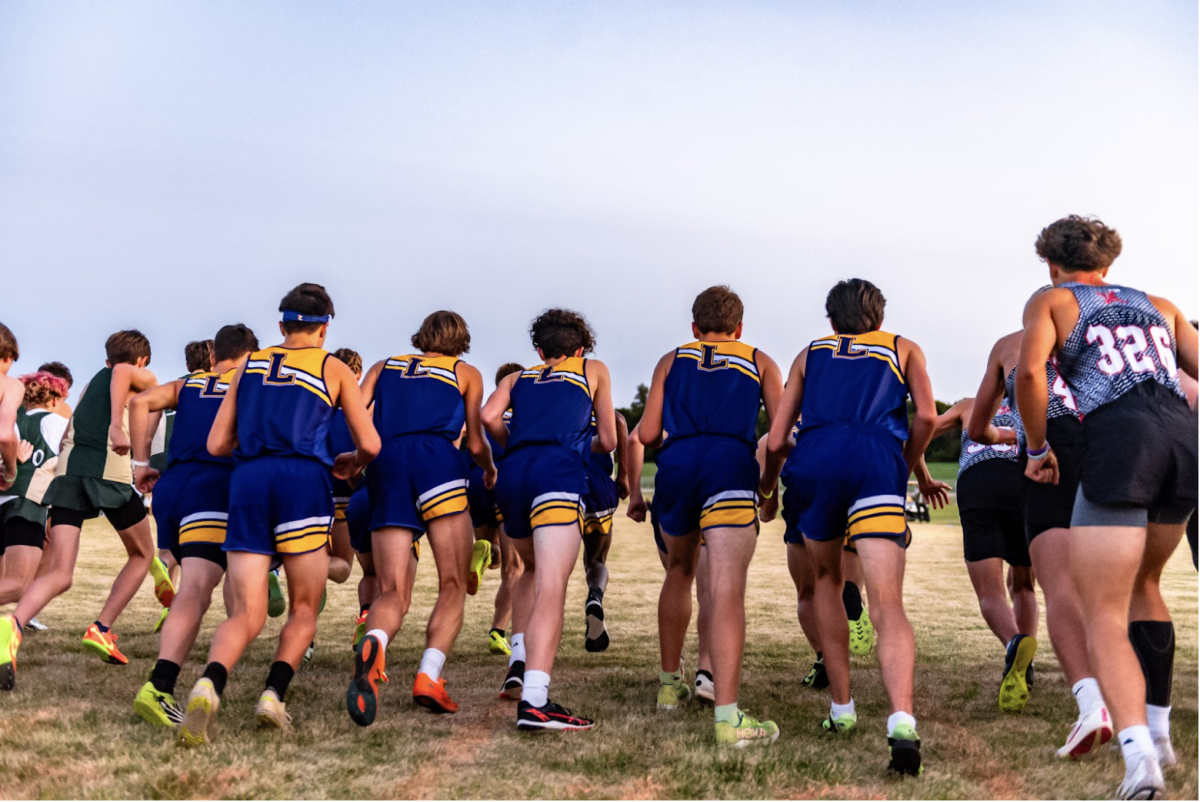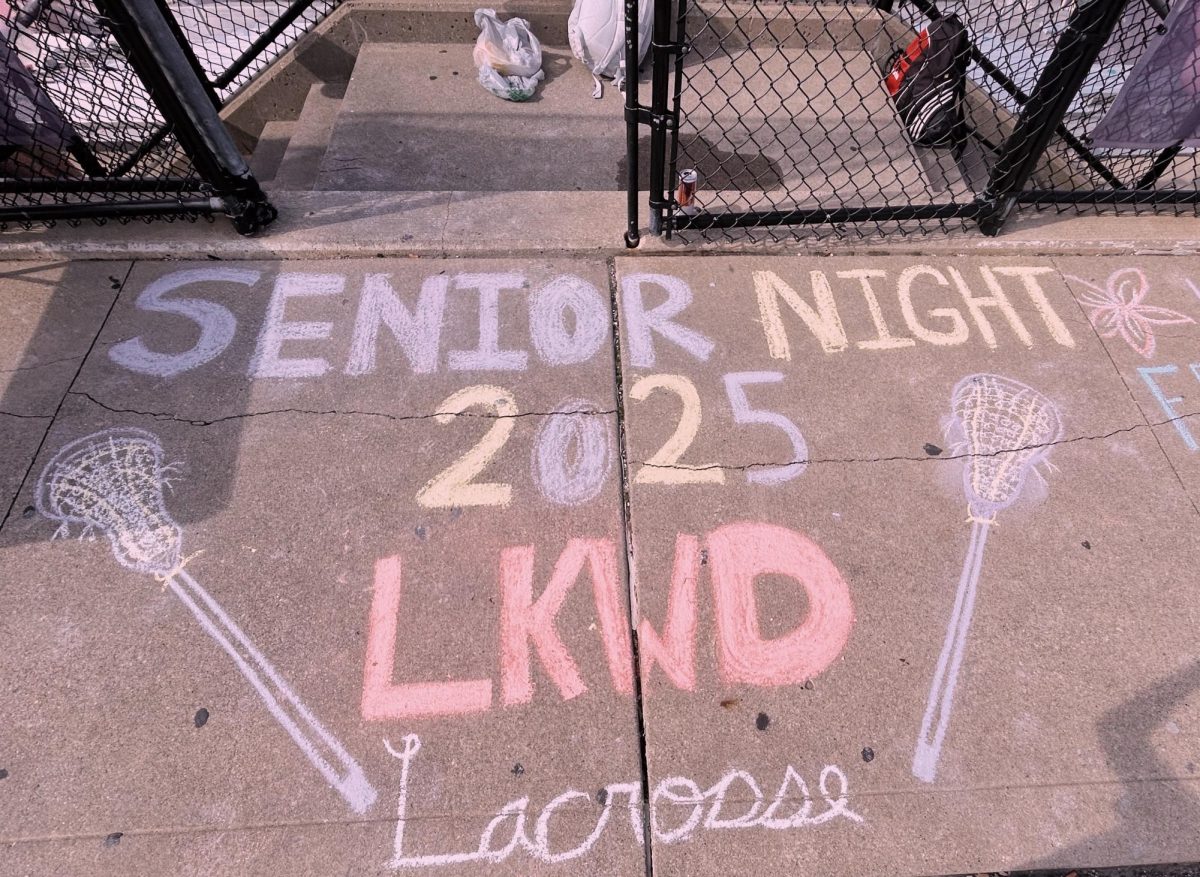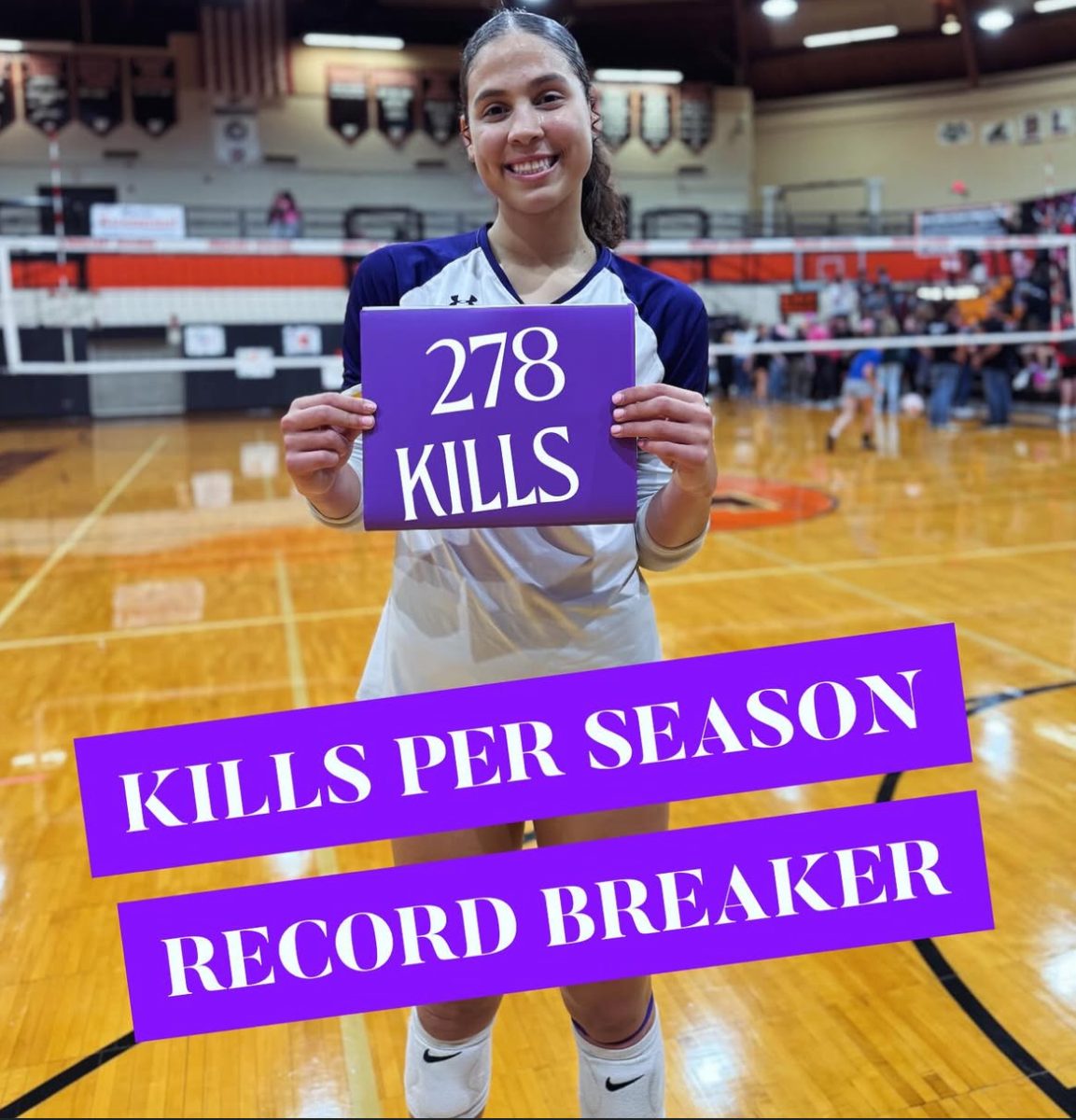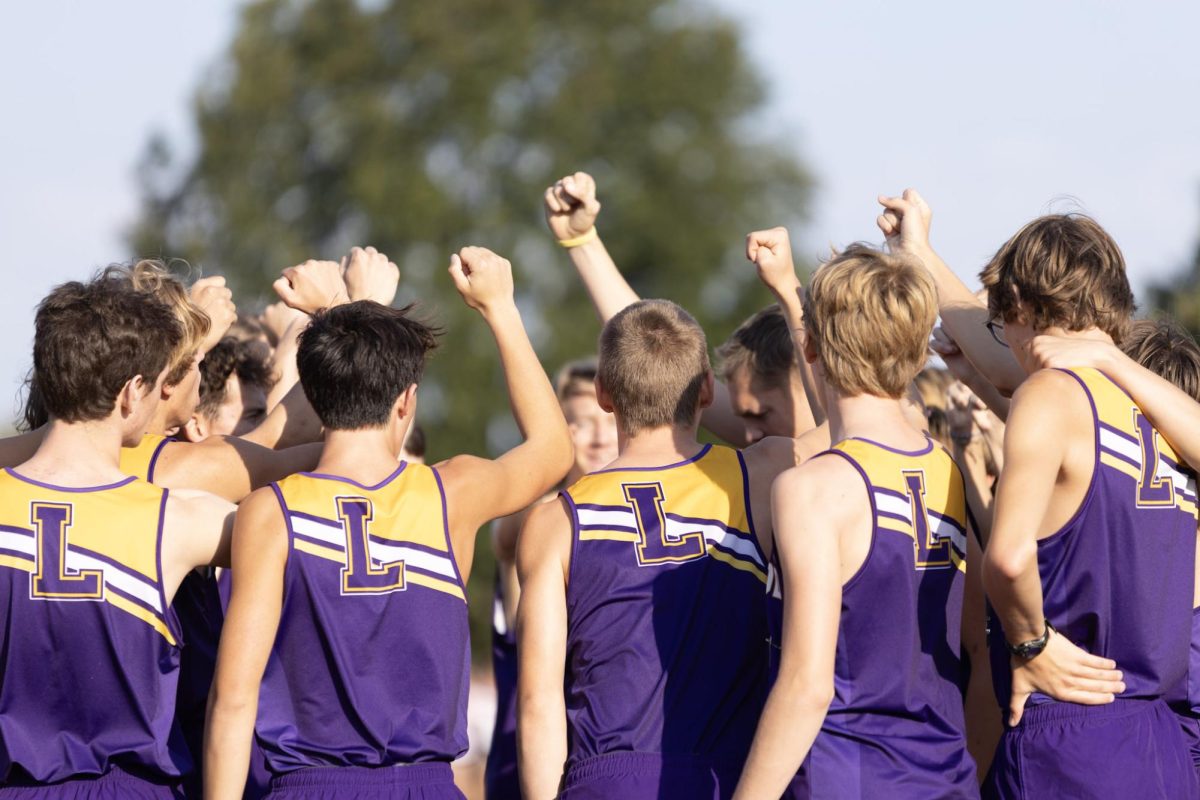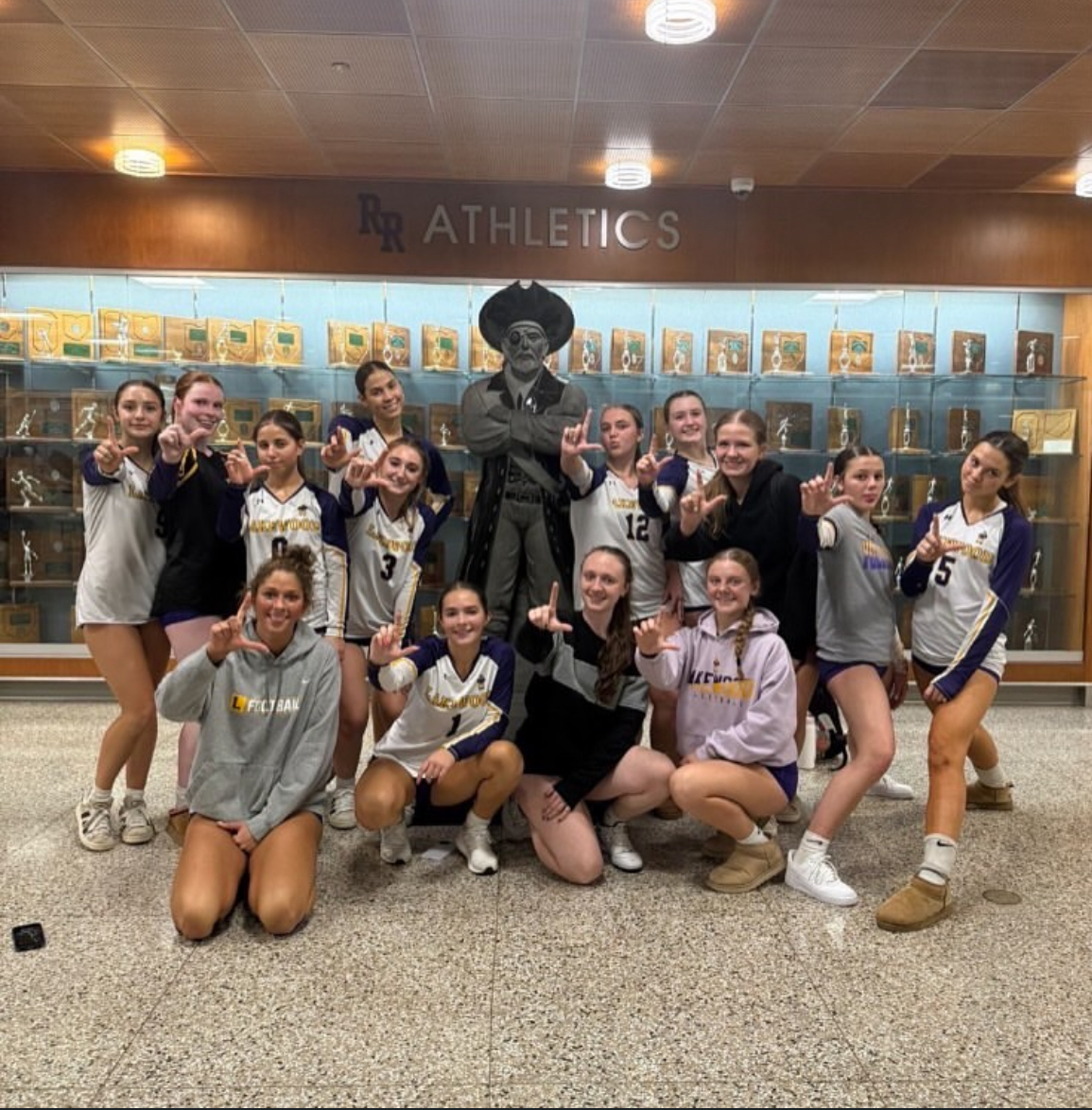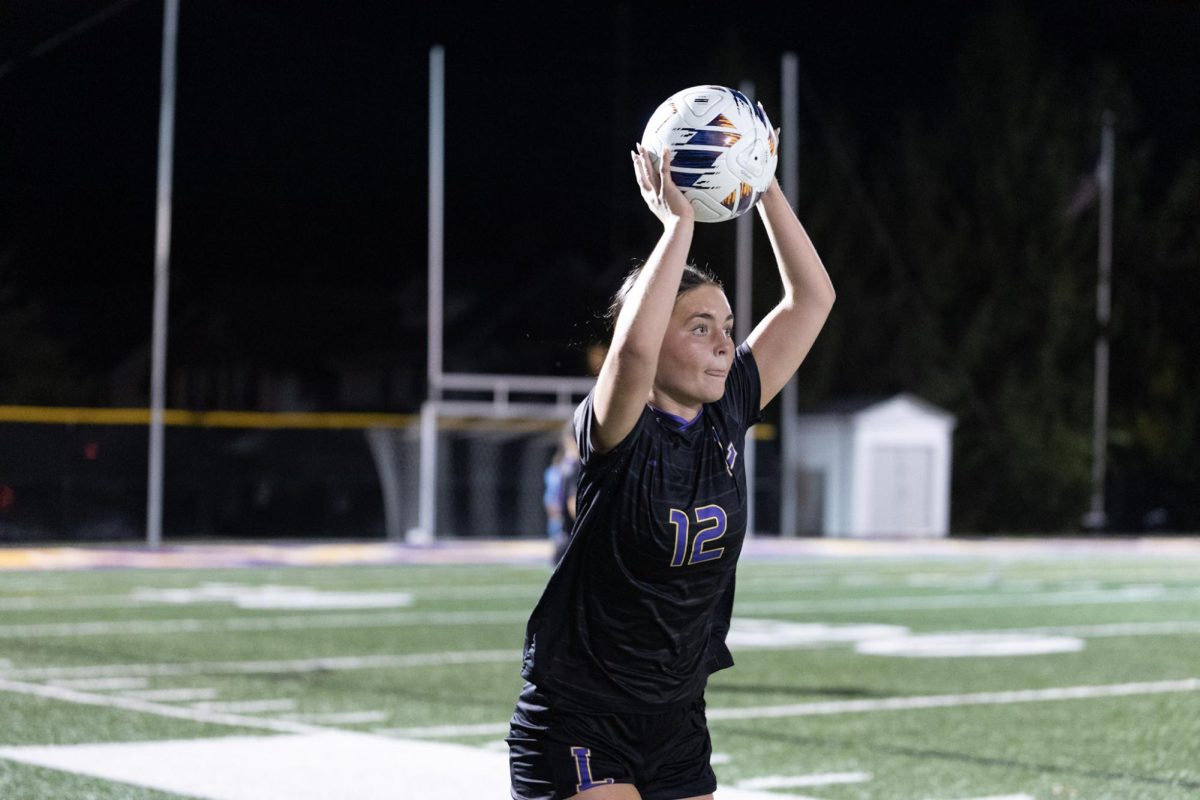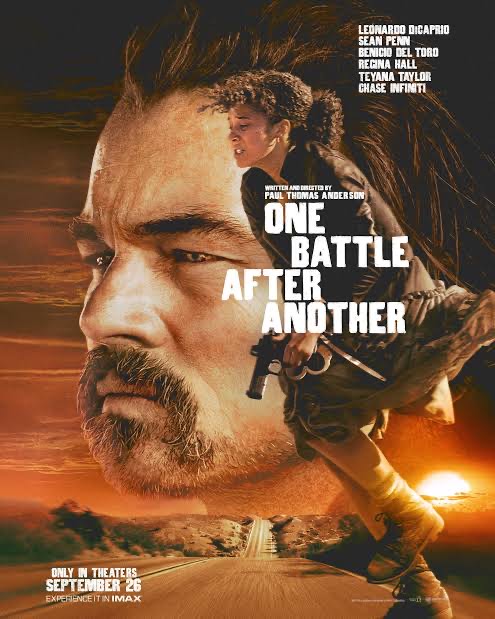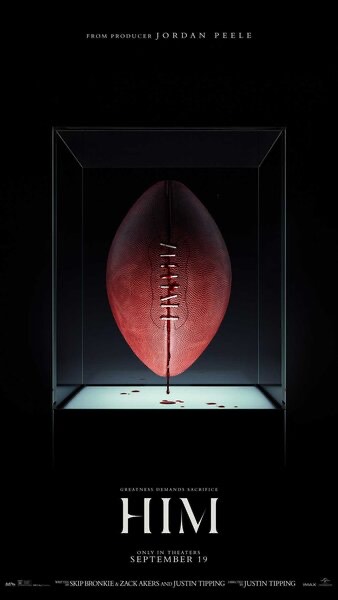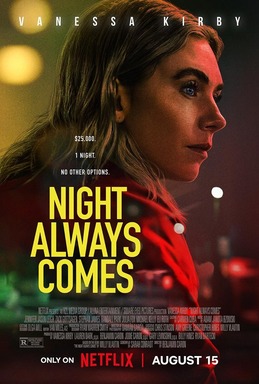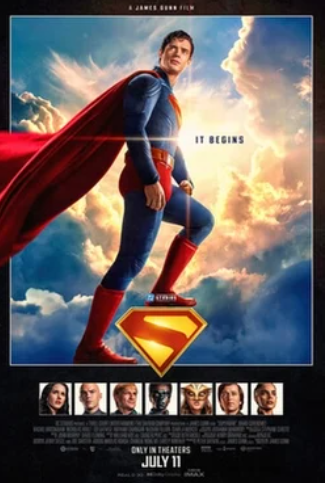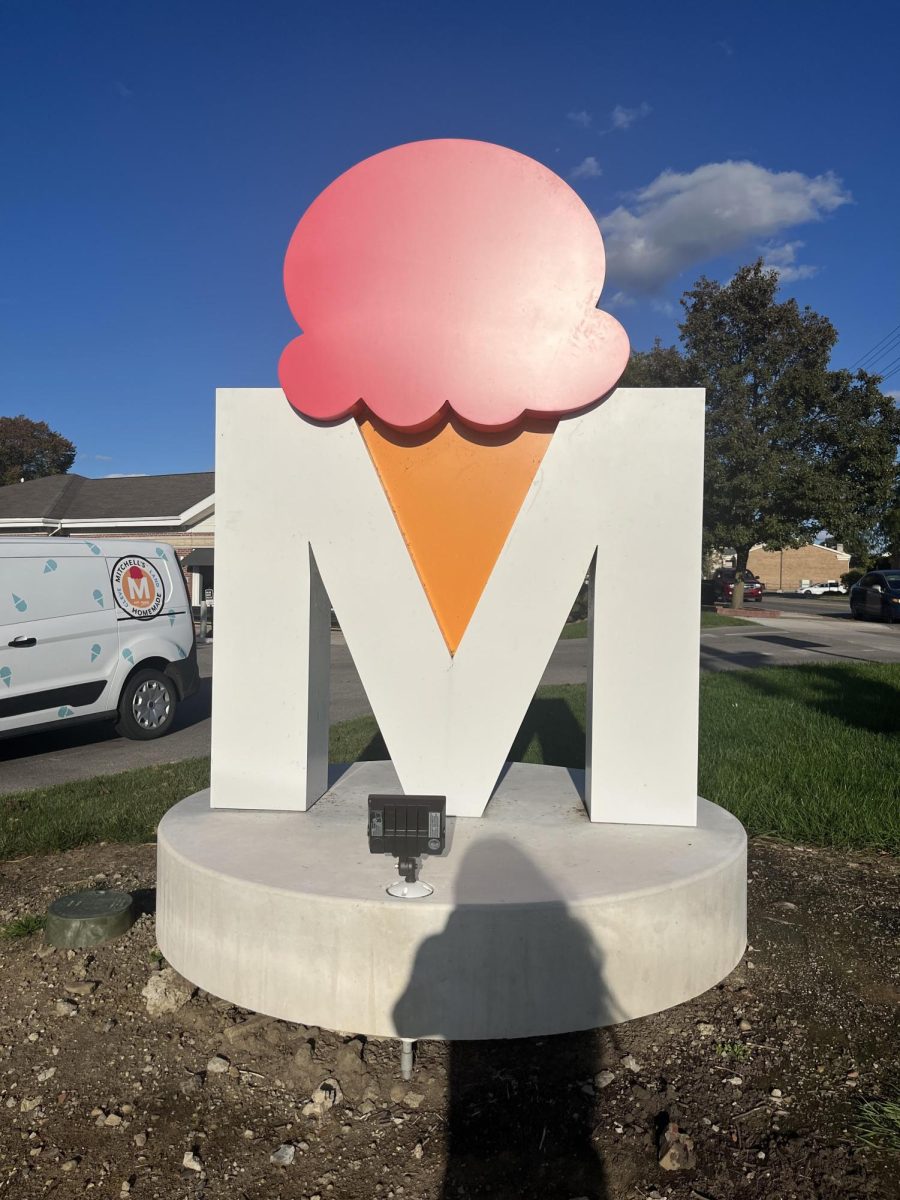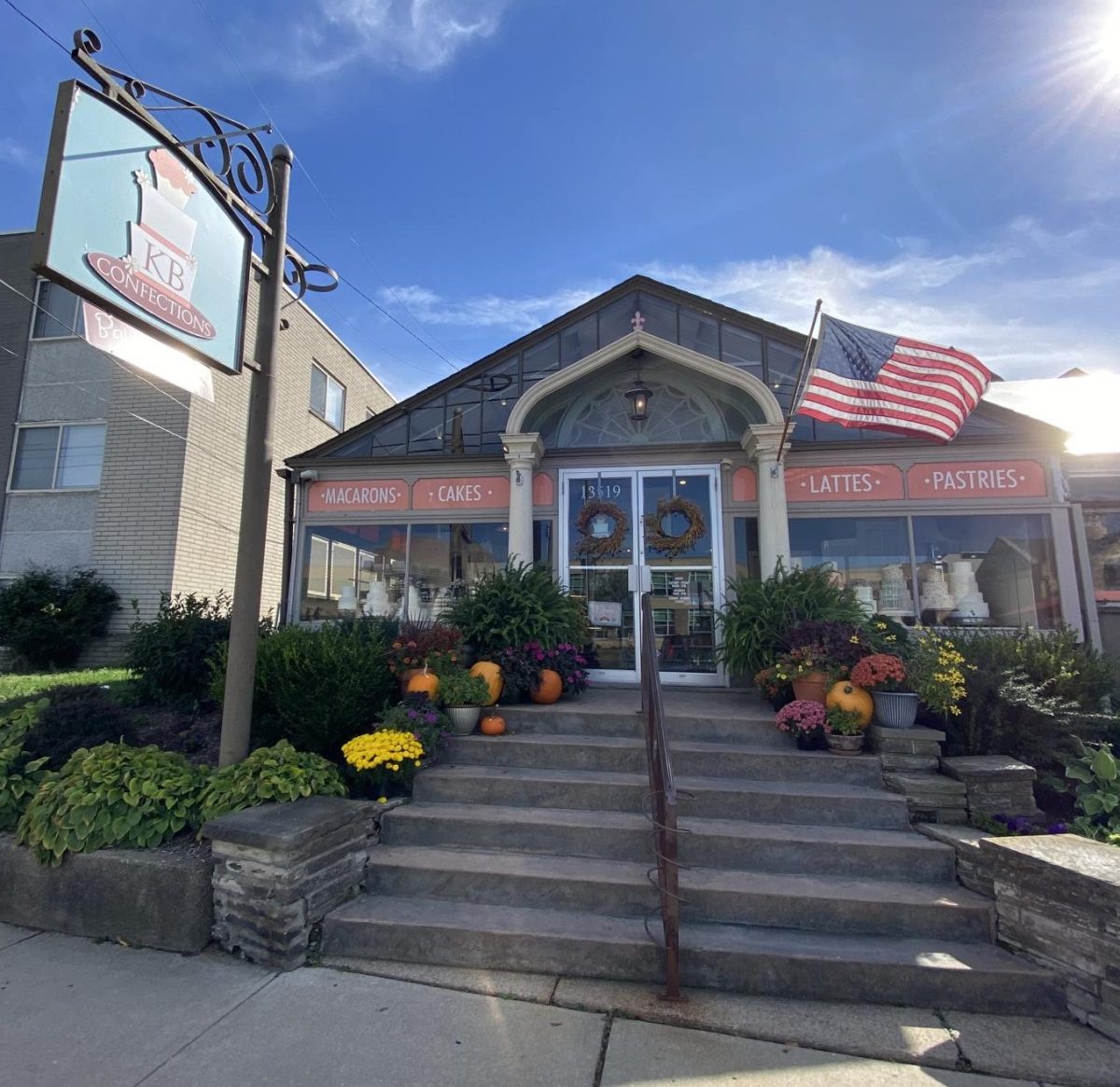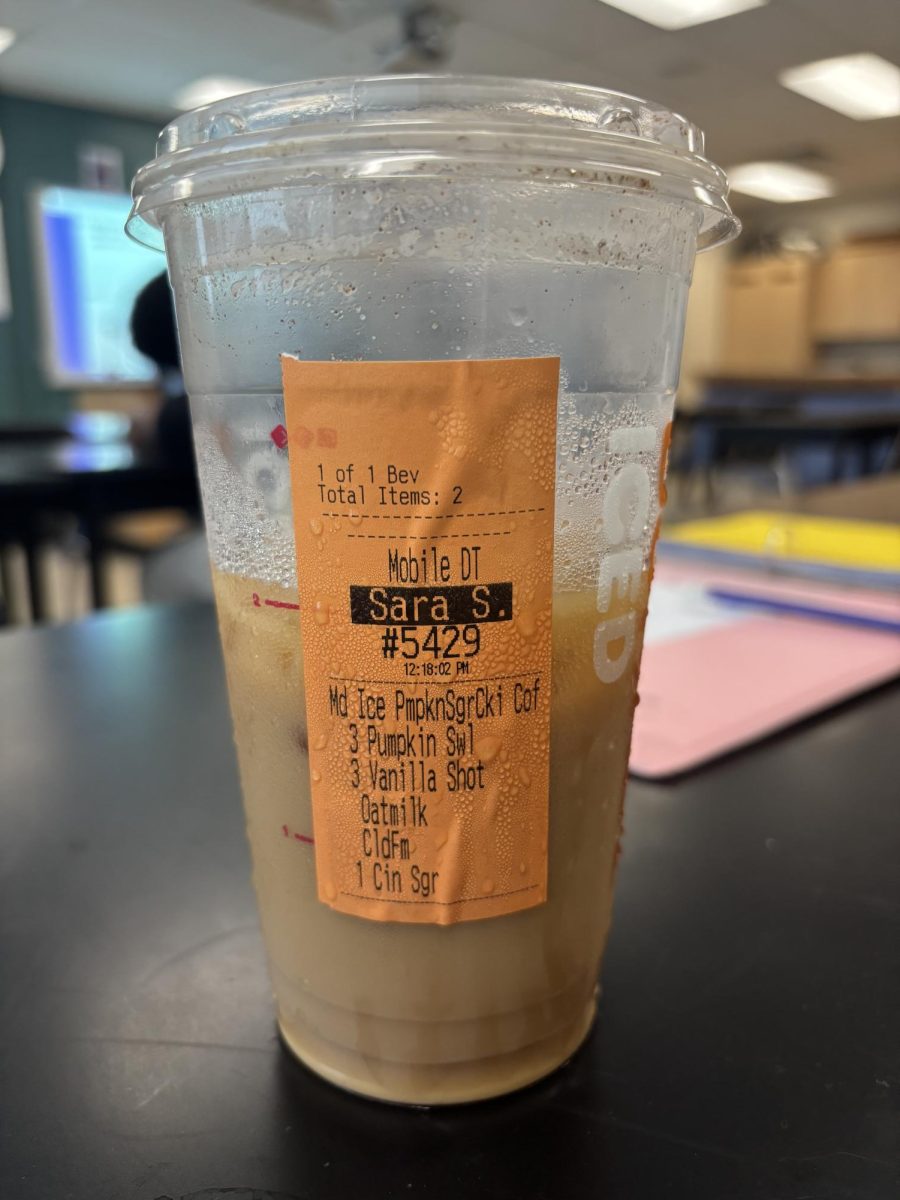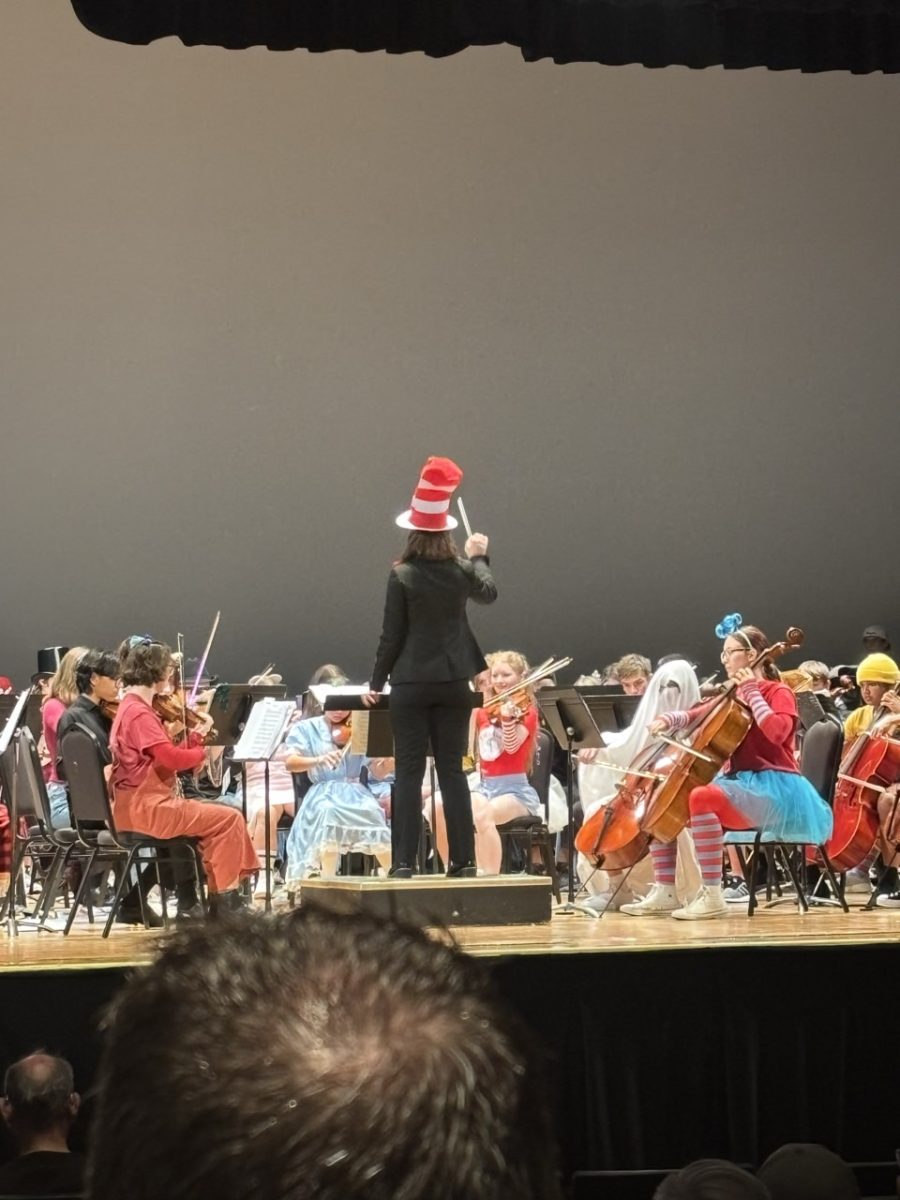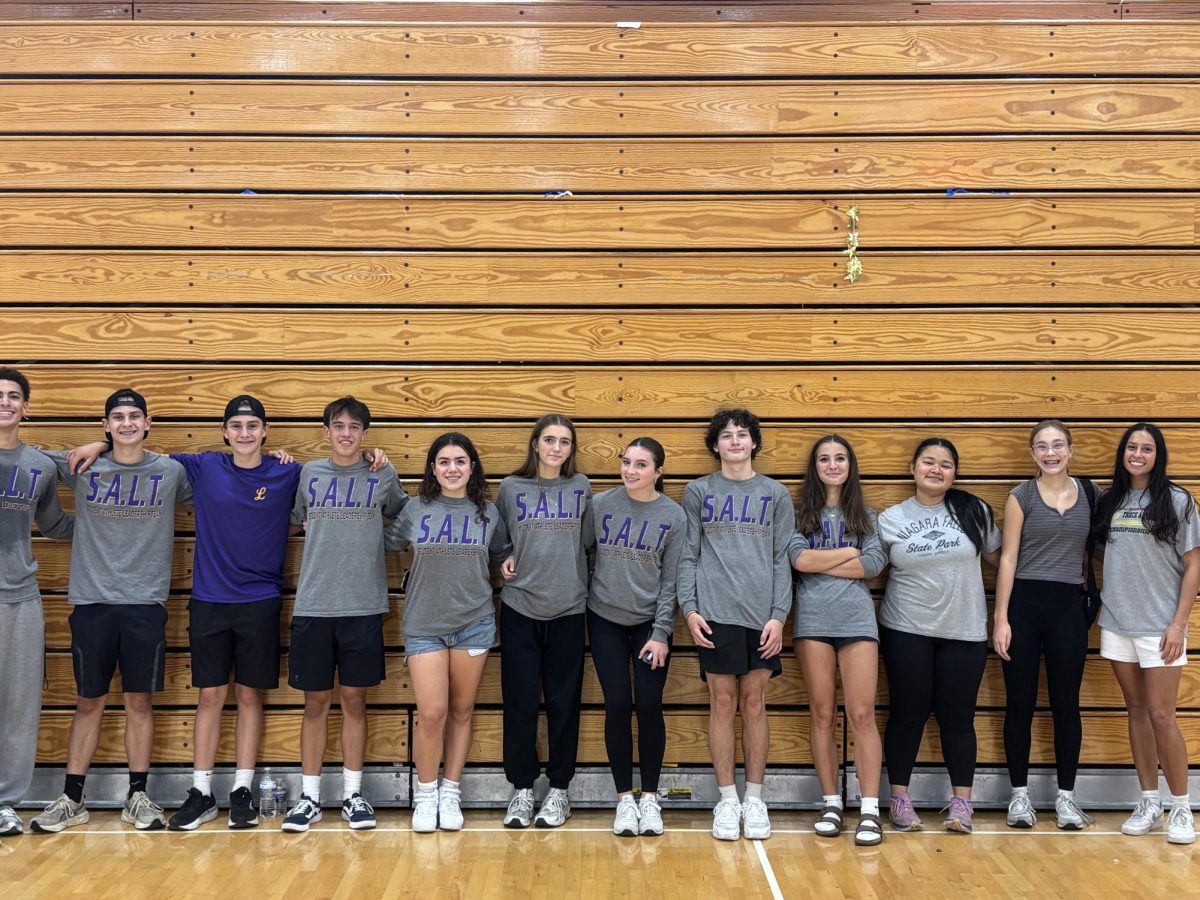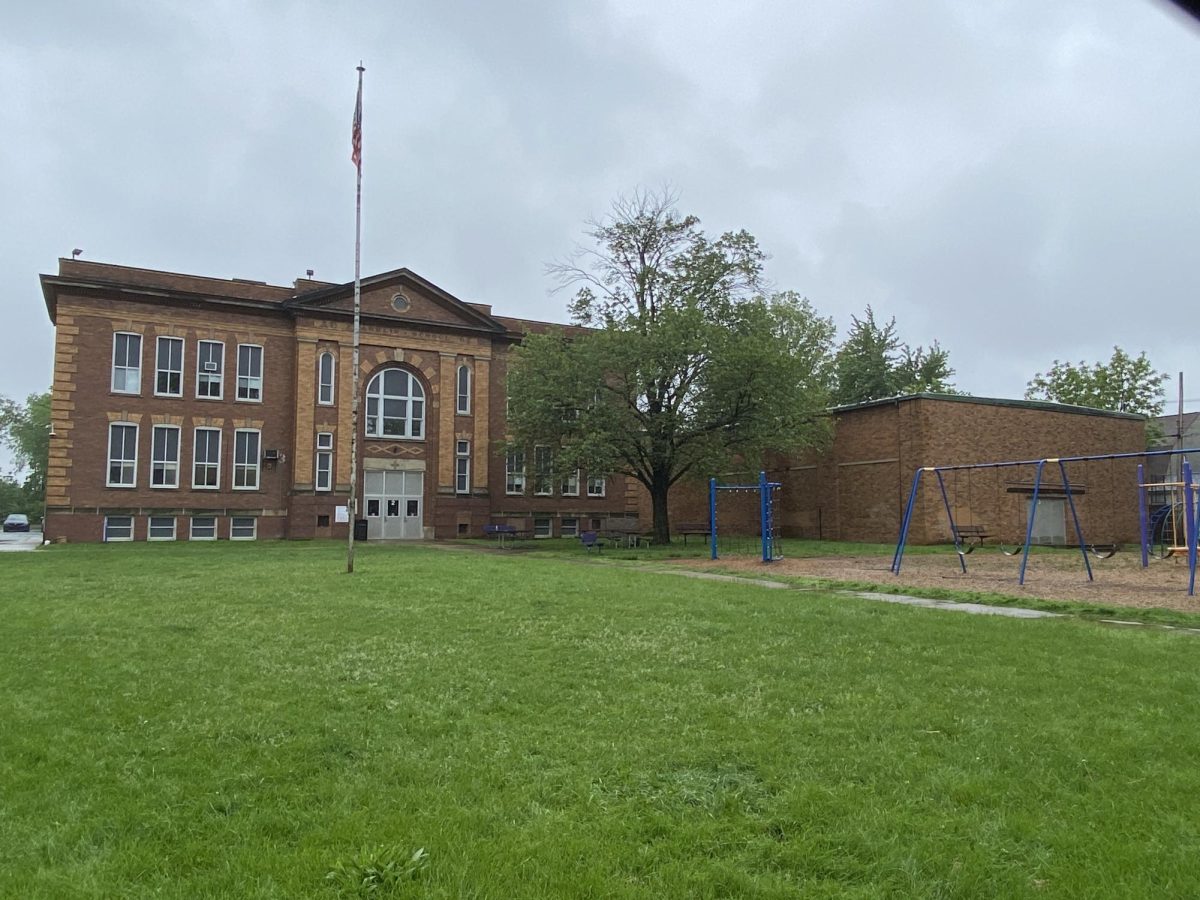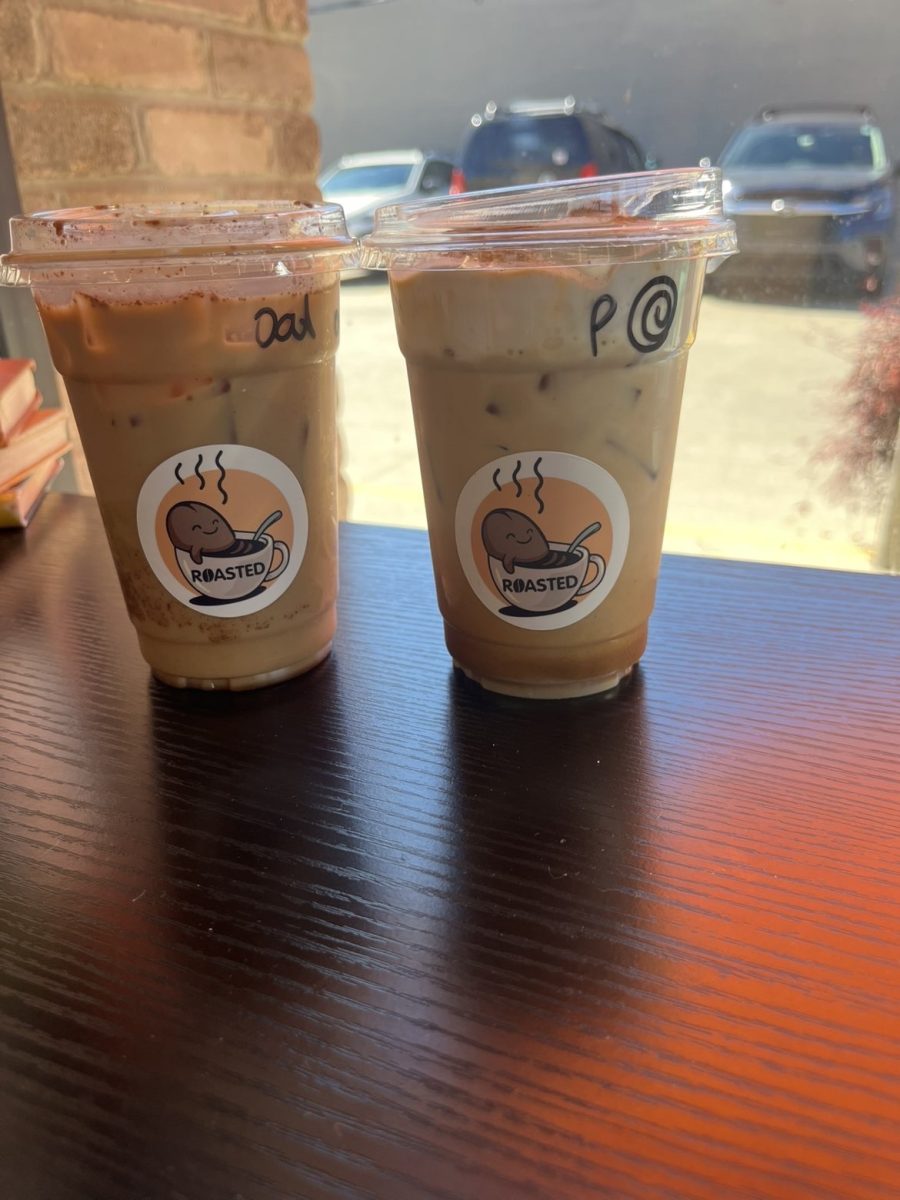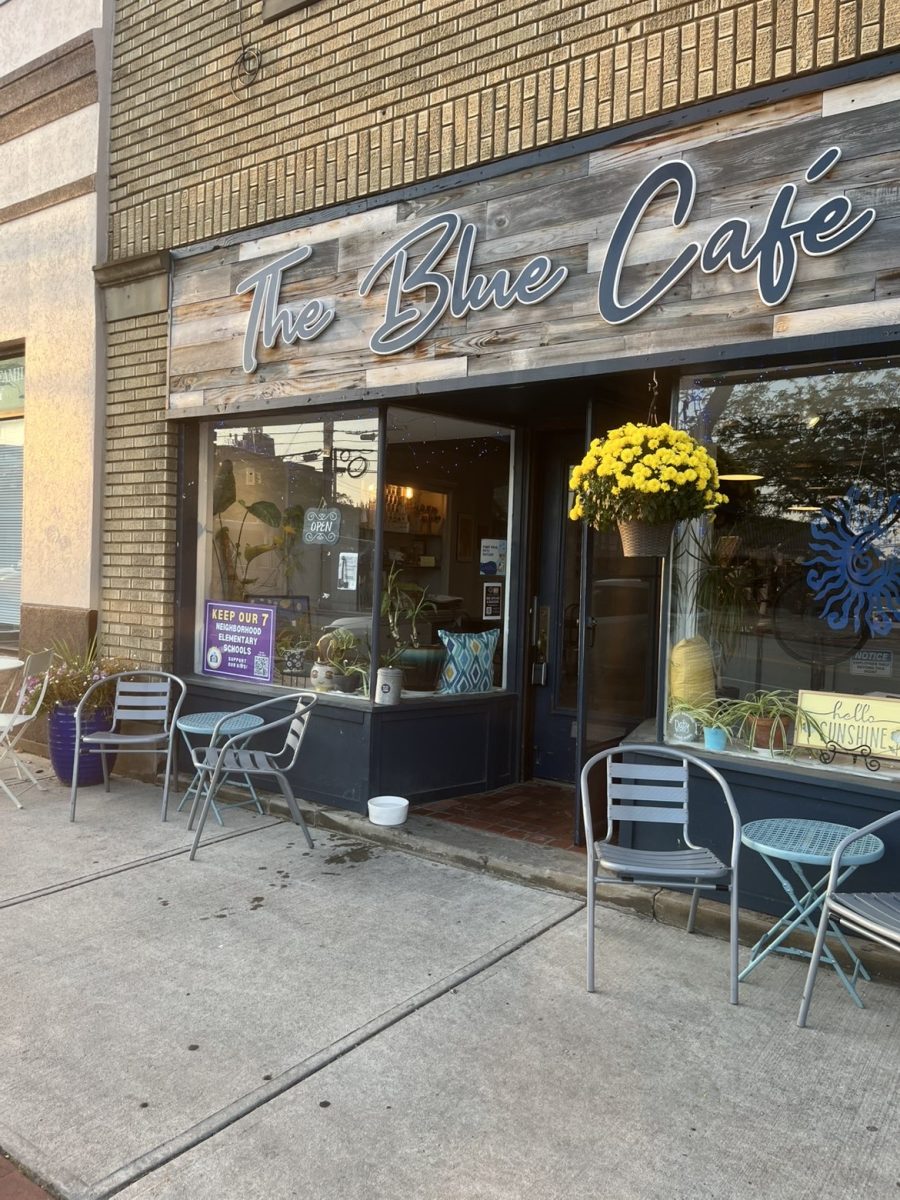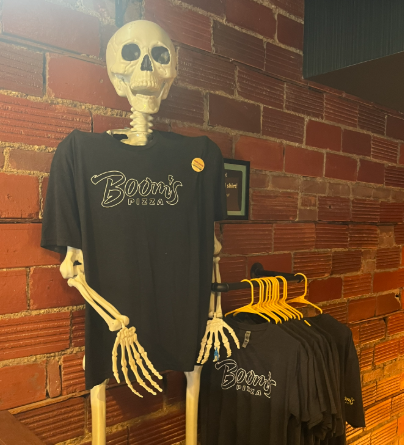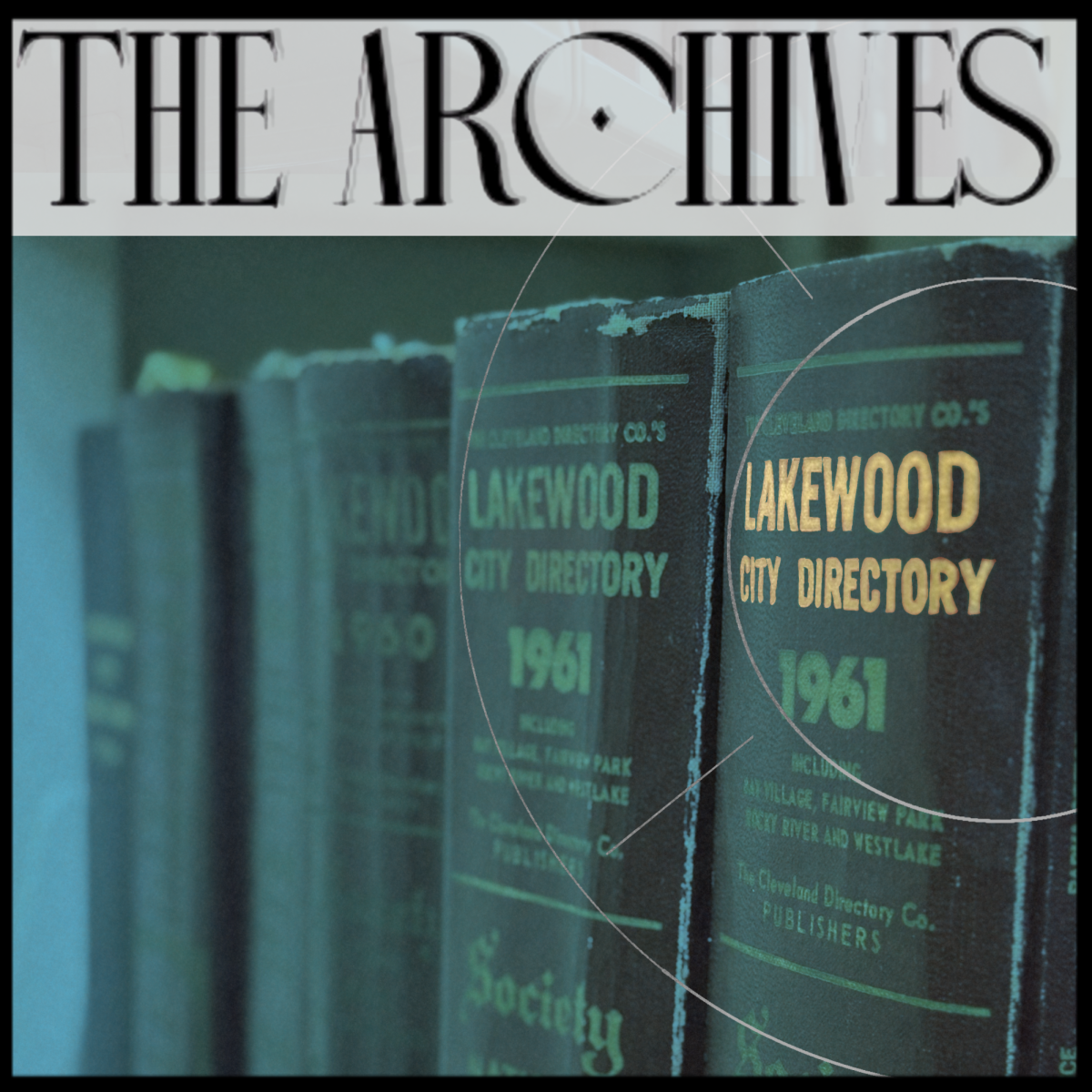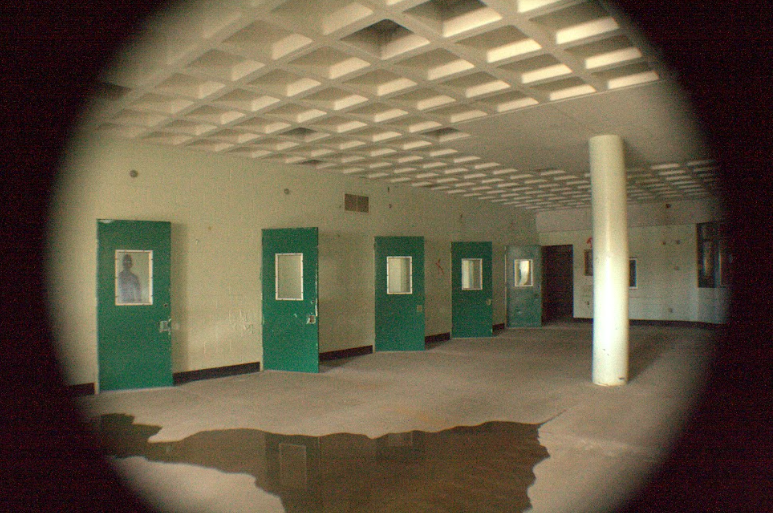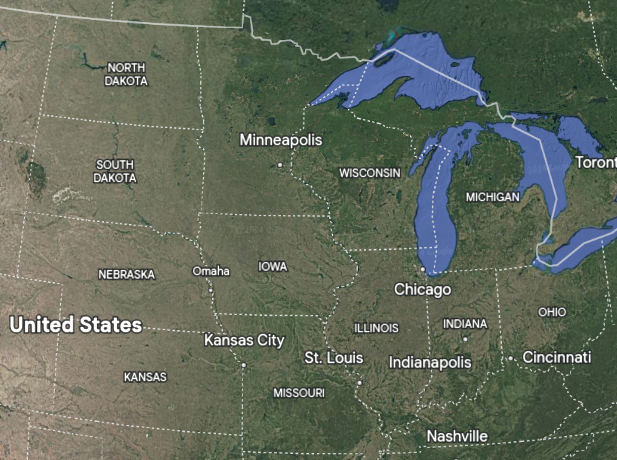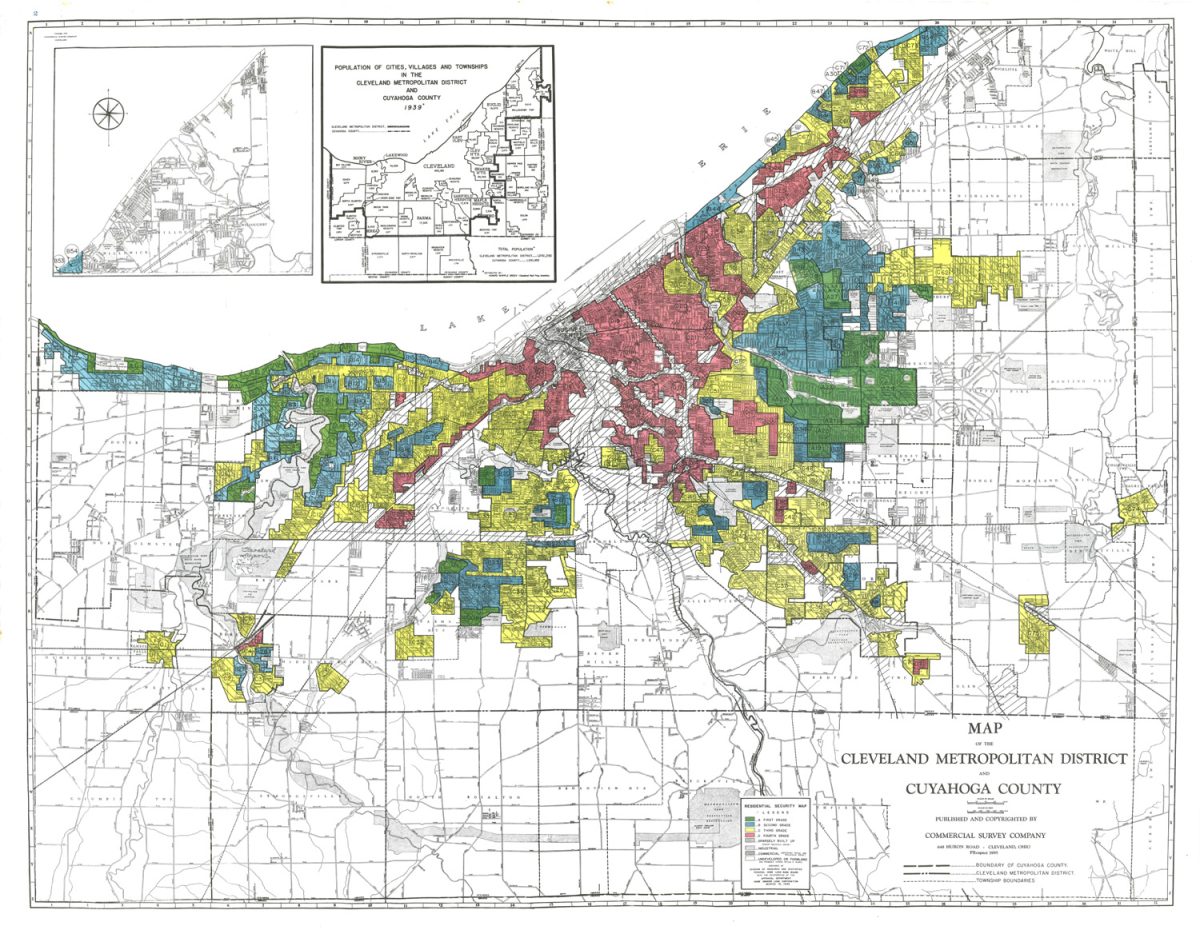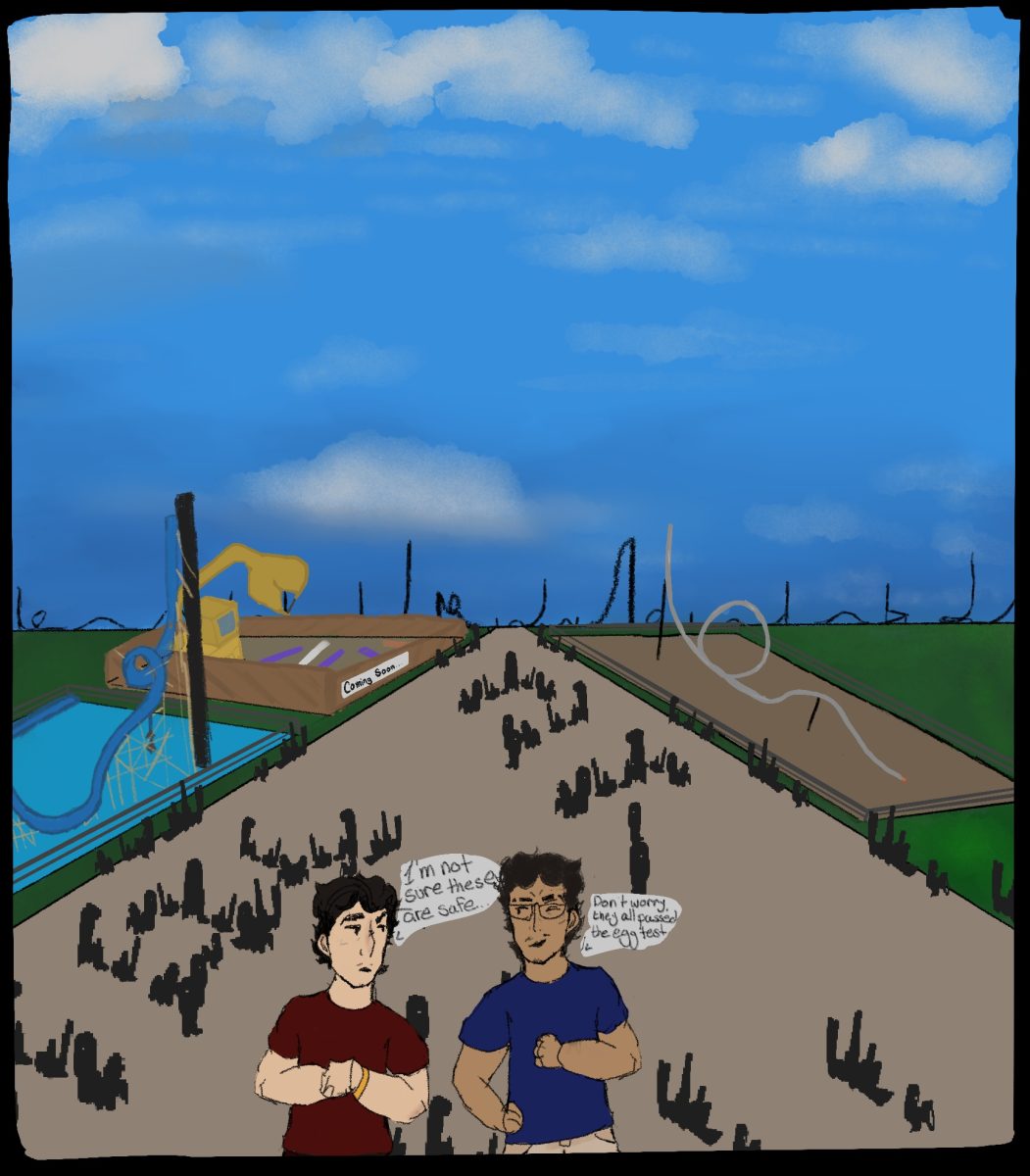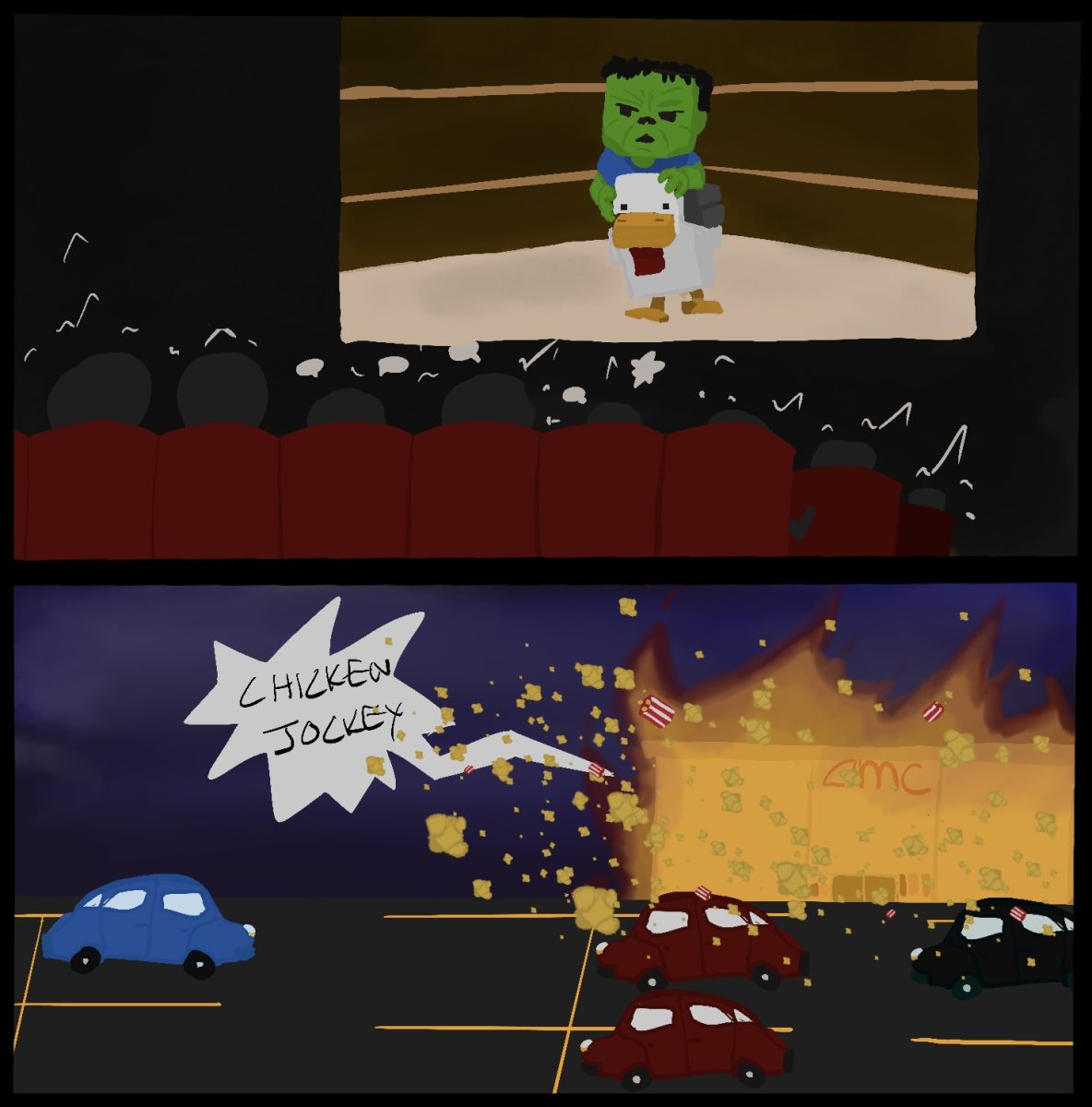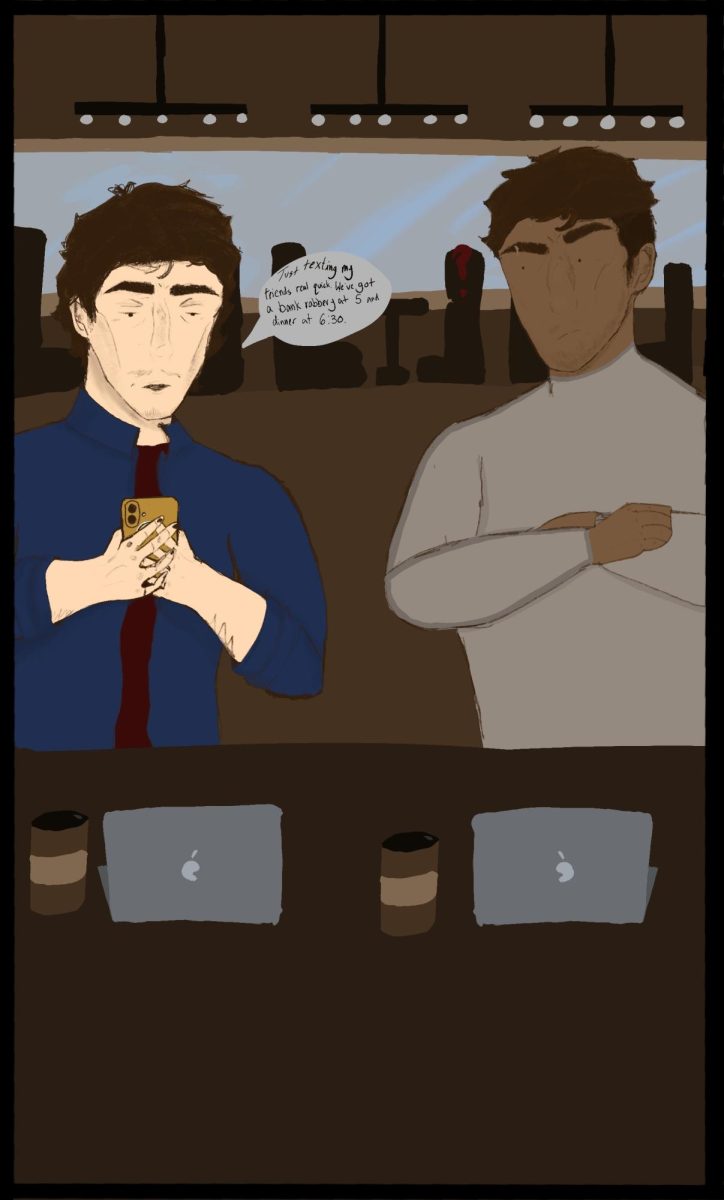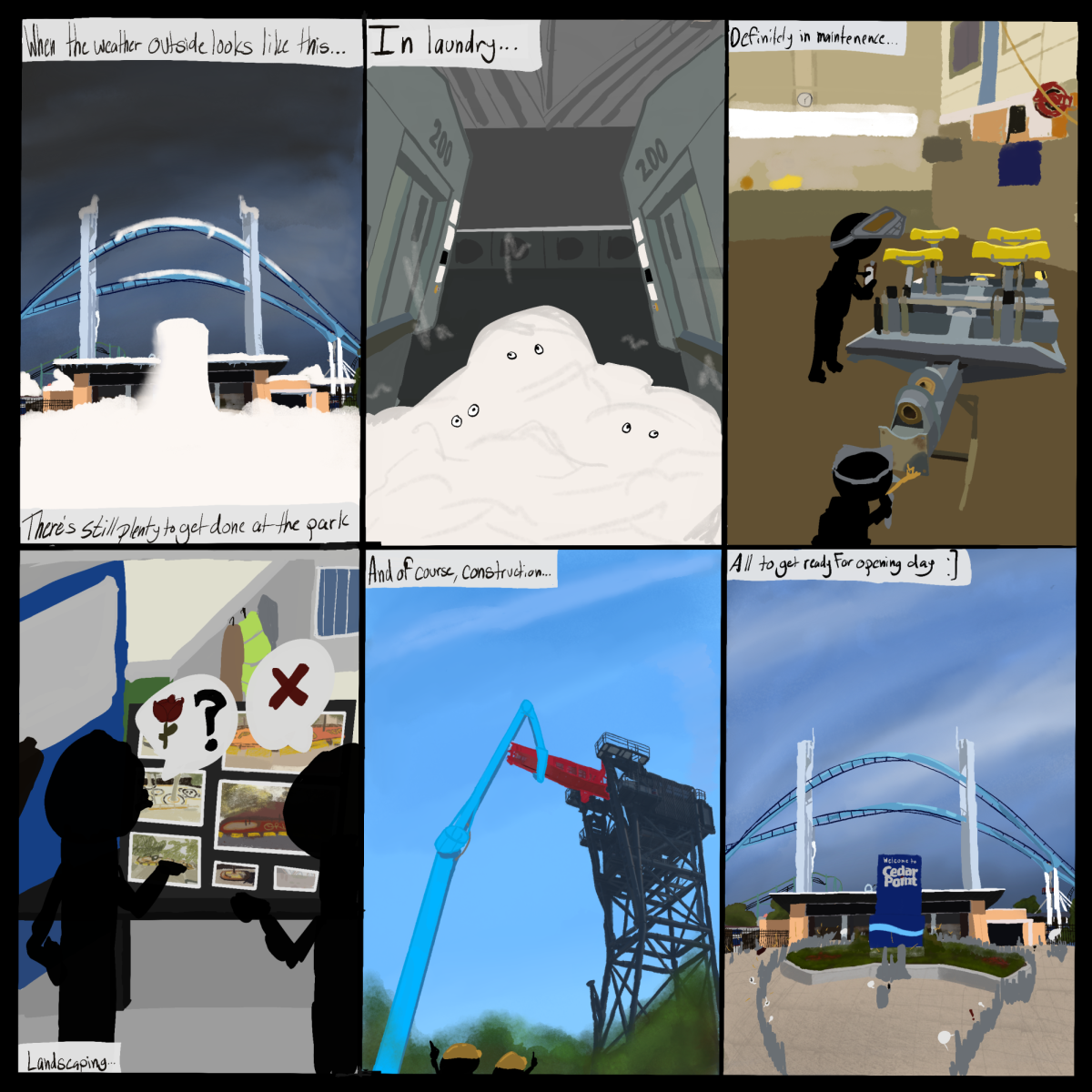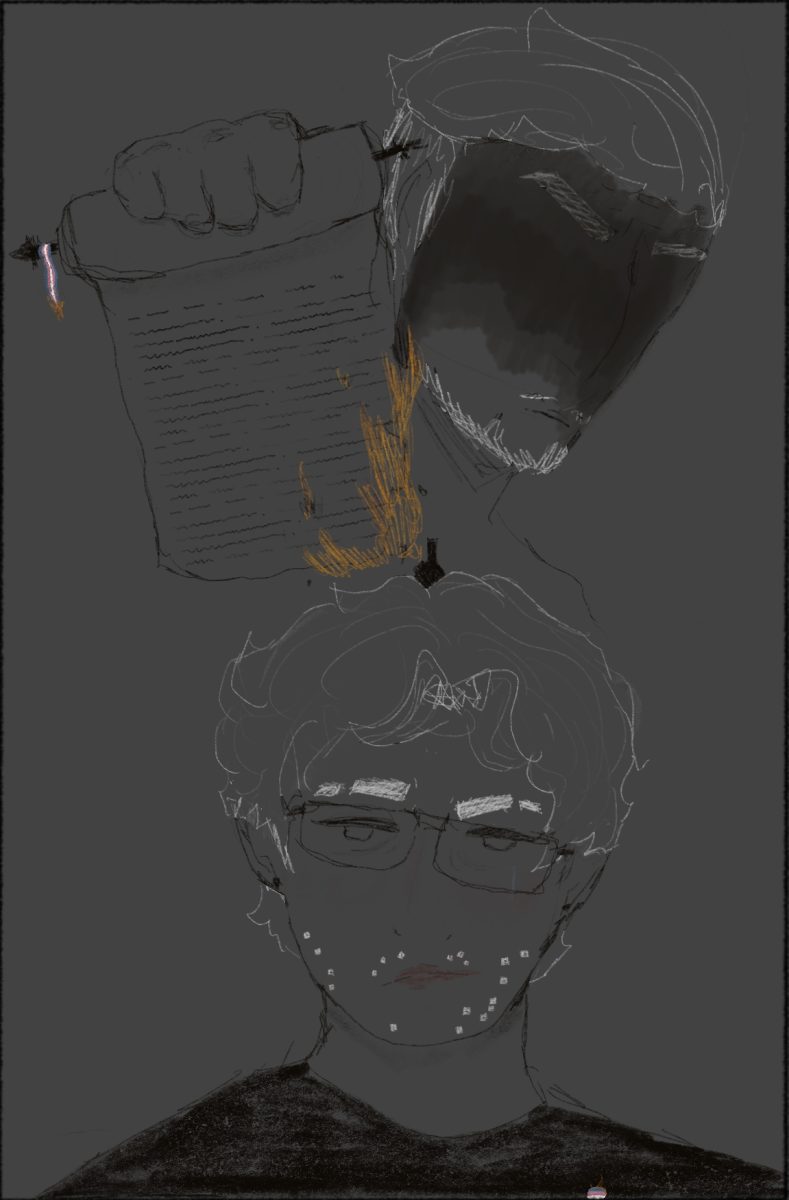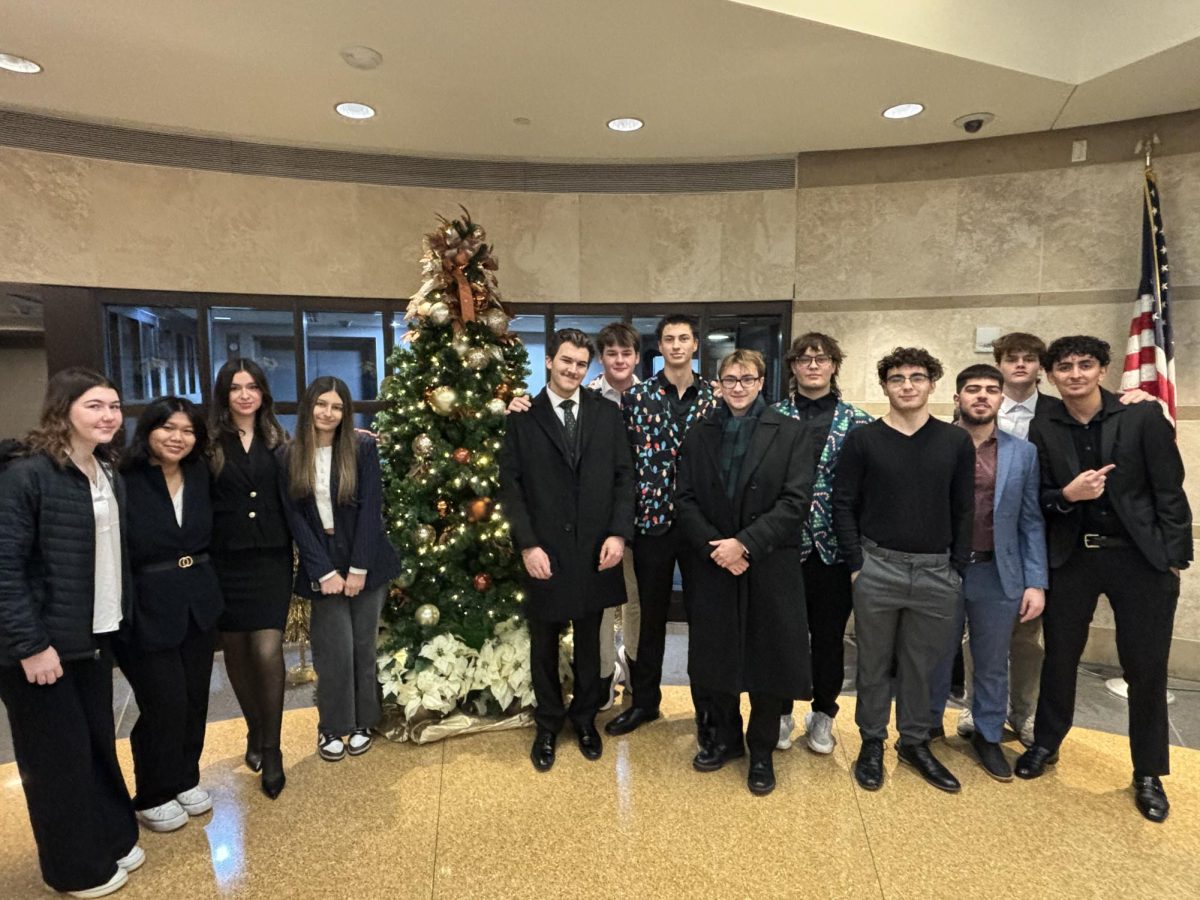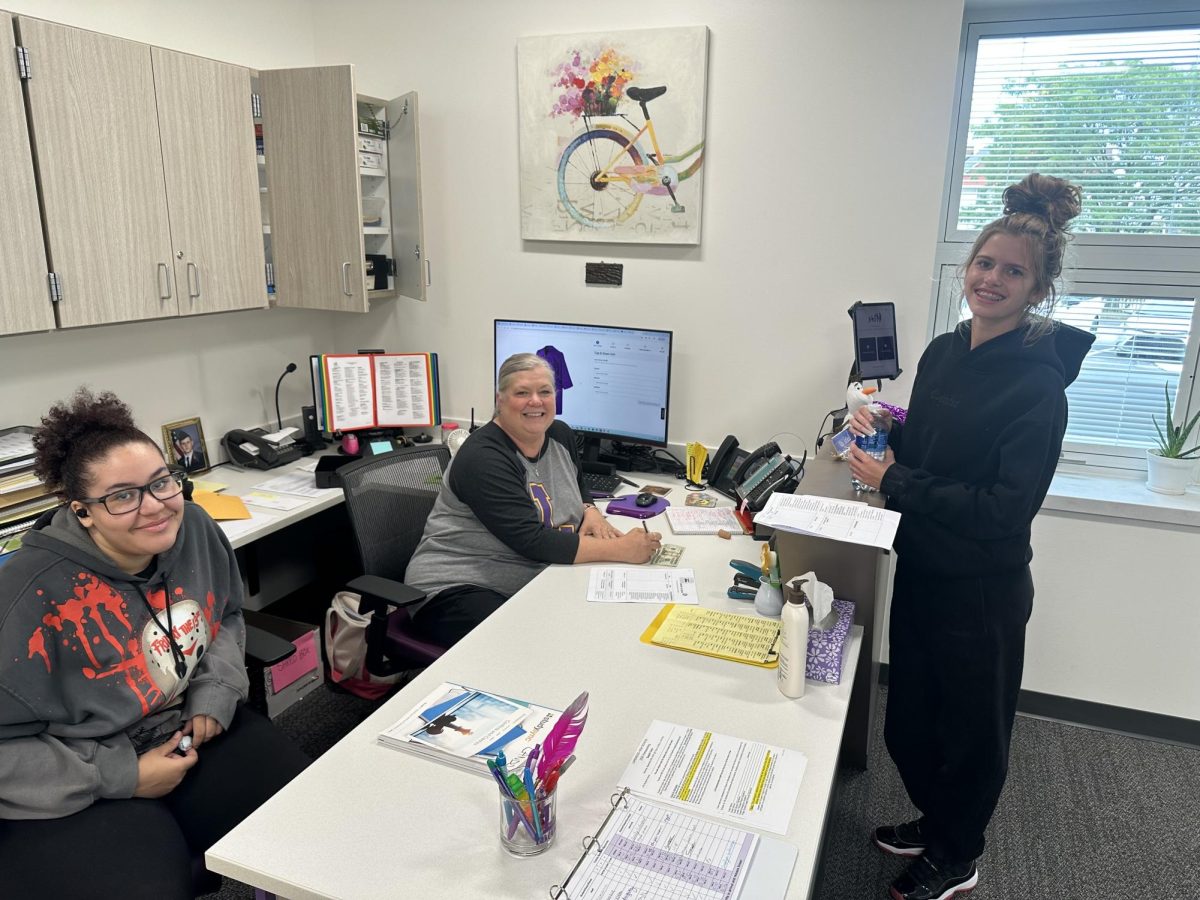On Dec. 6, 2024, the Business Management 2 class of the West Shore Career Tech program, taught by CPA Cassandra Tetorakis, traveled down to the Federal Reserve. Junior Achievement, an organization that promotes economy-related educational opportunities for young people, organized an event that gave high school students across northeast Ohio first-hand experience with a simulated stock market. The “Stock Market Challenge Day” event was packed with networking activities where students connected with professionals in their fields of interest and culminated in a one-hour stock market simulation.
Prior to the event, students were provisioned with a set budget with which they had to purchase mock stocks. There were 25 different stocks available to purchase, each with a different background and advantages. On the day of the event, students were issued additional funds to buy more stocks and the simulation began.
“Each minute represented one day in the stock market,” Tetorakis said. “Students had to trade, buy, and sell investments based on what was happening in the market.”
A key feature of the simulation was information. Throughout the event, new information on the goings-on in the economy was continually provided to students for use in investing decisions.
“Every day there would be something different happening,” Tetorakis said. “So there might be a new news article that came out saying something happened with a company, and students would have to use that information to decide whether or not they wanted to make trades.”
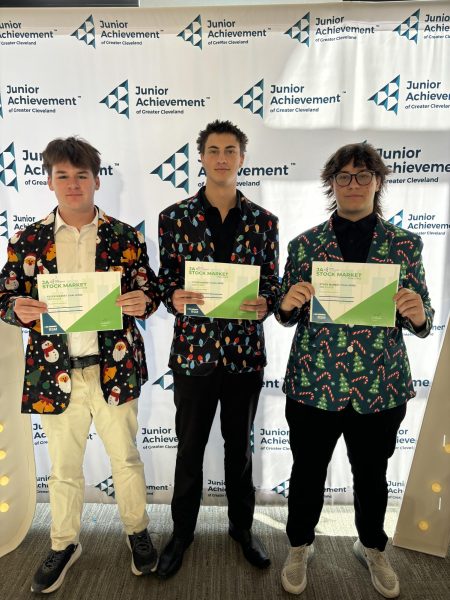
Throughout the 60-minute time frame, teams from the 12 participating schools implemented several investment strategies. Some diversified their portfolios for safer gains, while others invested all their funds in stocks based on events and news in the simulated economy. One of the West Shore Career Tech program teams utilized this latter strategy to sail into third place overall.
“We realized that the stock market was super reactive to the newsletter, so we realized if we just dumped out all of our money and just put it into whatever newsletter came out or whatever company was in the newsletter, it would go up a ton,” senior Aidan Smith said.
The team of seniors Aidan Smith, Chris Mathaios, and Brayden McCarthy had the third-highest net worth of all the teams.
“Doing a lot of test runs beforehand, we developed a strategy where we realized that news stories would drastically change the stocks,” Mathaios said. “So we would just read all the news stories and then depending on what happened, we would sell all of our stocks and move [money] into the positive news stories. Then, after it would blow up, we would take all our money out [of the stock] and wait for the next positive news story.”
The simulation presented a more volatile environment than the actual stock market offers, which opened up this investing strategy.
“We used more of like, you could call it a day trading tactic, but more like buying and selling really fast just based on ups and downs in news articles,” McCarthy said.
Day trading inherently carries a lot of risk as investors funnel funds into specific stocks, hoping the value will rise in the short term for a quick profit. With the significant effects of each newsletter, a day trading strategy was much easier and safer to accomplish than in the actual market. Still, the simulation had its benefits.
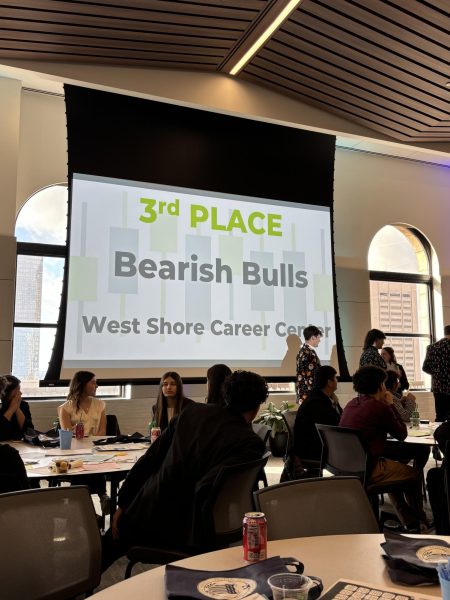
“It helped with their communication, teamwork, adaptability, overcoming adversity, [and] thinking on their feet,” Tetorakis said.
Of course, the team also had their struggles: misinterpreting news and difficulty getting trades made quickly. However, this adversity only highlighted areas that the team could improve.
“Our biggest problem was probably communication,” McCarthy said. “We kind of struggled with getting our ideas across quick enough and agreeing on something.”
“They really had to learn to listen to each other because they all had different thoughts, different ideas, different strategies going into it,” Tetorakis shared. “So they had to work together to agree on a specific strategy.”
The event gave the class valuable opportunities to interact with professionals in financial fields, which ultimately could have a lasting impact on their education. McCarthy and Smith are both in agreement on their future college majors.
“I’m thinking accounting,” Smith said. “When we were working on accounting in class, it just felt very natural to me and I liked how satisfying it was when the numbers would work out.”
McCarthy has his goals a little more planned out.
“I’m hoping to go to college for accounting, like a major in accounting and a minor in finance, do accounting for a few years, try to get into one of the big four accounting firms and then branch off into something like wealth management or personal finance,” McCarthy said.
Mathaios is in a different (but similar) boat, aiming to start a business and work as an entrepreneur. The “Stock Market Challenge Day” event proved a beneficial learning experience for all students involved, regardless of their academic pathway.

